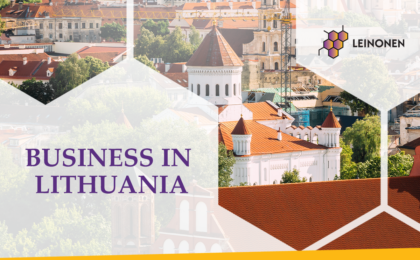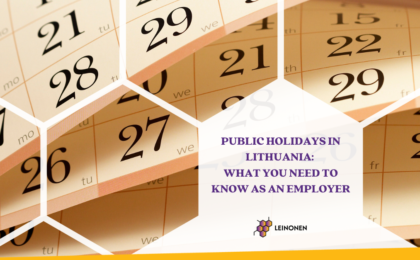· if goods or services are identified in gift voucher, then reimbursement for the gift voucher could be treated as an advance payment and the taxpayer has the right to choose, whether to calculate VAT or not (application to the gift voucher which are valid for a period shorter than 12 months);
· if the gift voucher is valid for a period longer than 12 months and goods or services are identified in the voucher, the taxpayer should calculate VAT for such gift voucher as for an advance payment received (i.e optician’s store’s gift voucher, which for the acquisition of eyeglasses, is valid more than 12 months. In this case, taxpayer should calculate VAT as for advance payment);
· if goods or services are not identified (i.e it is not clear neither what goods will be purchased, nor at what store), then the reimbursement received for the gift voucher is not considered as an advance payment and gift voucher is not subject to VAT (i.e a shopping centre’s gift voucher is valid longer than 12 months. Such voucher does not identify neither exact goods/services, nor the particular store in the shopping centre. Therefore, gift voucher is not subject to VAT);
· if a taxpayer has chosen to calculate VAT or he should calculate VAT for gift voucher as indicated above, the VAT rate for selling of gift voucher should be the same as that, which would be applied for the goods/services, acquired with the gift voucher;
· selling the gift voucher, VAT invoice should be issued for the sale of gift voucher only, if reimbursement for gift voucher is treated as an advance payment, which is the subject to VAT. When, the gift voucher will be used (i.e. goods/services will be acquired), the “final” VAT invoice should be issued;
· if reimbursement for the gift voucher is not treated as advance payment, the VAT invoice should be issued only at the time when goods/services are acquired with the gift voucher, i.e. there is no obligation to issue a VAT invoice at the time when the gift voucher is acquired.




